Financial assistance increased and time limits removed in updates to Victims of Crime Act
More financial support and shorter wait times for victims of crime are part of a suite of reforms aimed at relieving pressure on beleaguered services. Here’s are the changes.
Northern Territory
Don't miss out on the headlines from Northern Territory. Followed categories will be added to My News.
Time limits for victims of crime to apply for financial support have been removed and more funeral expenses for people killed in violent acts will be covered under reforms that passed the Northern Territory parliament on Wednesday.
A $4.2m investment is being made to support the changes aimed at streamlining and speeding-up support for victims of crime.
Over two years $2m will go to Victims of Crime NT to run a specialist support service for victims, $1m will go to CatholicCare NT to expand counselling services and the Crime Victims Services Unit will receive $1.2m to speed up applications for financial assistance.
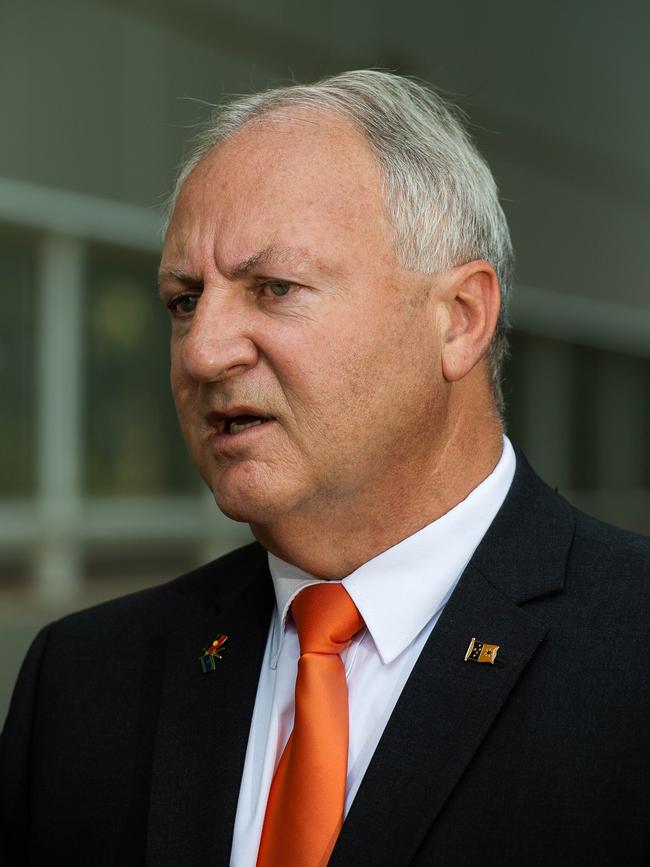
At May’s Estimates sittings it was revealed there were 1715 active applications from victims of crime. More than 750 of those people had lodged their claims before 2020.
Shadow Attorney-General Steve Edgington supported the changes but blamed government “inaction” on crime for increasing pressure on the Victims of Crime Unit.
“We are facing a situation where there are 220,000 victims of crime over the last seven years,” he said.
“The reality is that if you are not a victim, a close friend or family member has been.
“Where is the legislation aimed at preventing crime? Where is the infrastructure? Where is the justice reinvestment?”
Mr Edgington also criticised how long it had taken for reforms to victims of crime laws to be brought to parliament, having been recommended in a 2018 report.
“It begs the question as to why we are only seeing this bill now,” he said.
Attorney-General Chansey Paech said everything the government did was “built on the foundation of justice reinvestment”.
“It is about embedding the long-term programs and solutions to tackle the root causes in our communities.”
Mr Paech said the reforms passed Wednesday also showed the government’s commitment to “ensuring that victims have a stronger voice in our justice system, with
better protections and access to vital services”.
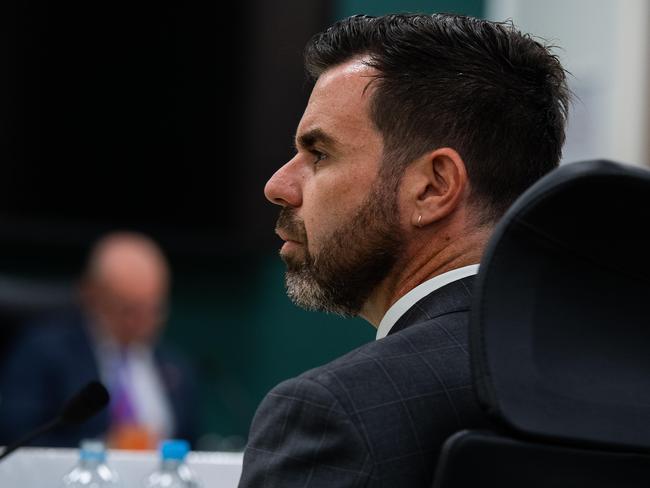
Under the changes the two year time limit to apply for financial assistance has been removed, the pool of assessors for applications has increased, and assistance for funeral expenses has increased from $10,000 to $15,000.
The eligibility for funeral expenses has also expanded to any individual who bears the cost, recognising the broader kinship relationships that exist in Aboriginal communities.
The changes are expected to come into effect early next year.
Victims of Crime NT Chief Executive Melinda Fleming welcomed the extra funding as helping to “strengthen and improve the range of services we provide so victims of crime can heal and recover”.
‘Devil’s in the detail’: NT mining environmental regulation overhauled
An overhaul of how the environmental impacts of mining will be regulated in the Territory has passed through parliament, despite few stakeholders left satisfied with the government’s “rushed” attempt to balance natural protections against business interests.
The legislative changes separate environmental regulation of mining activities from resource and development functions, moving the approval powers from the Mining Minister to the Environment Minister’s portfolio.
Existing compliance and enforcement powers are being extended, and a new licensing framework removes the requirements for mining operators to obtain several different regulatory approvals by bundling “associated activities” under the one scheme.
Three license categories will be established based on standardised levels of risk and conditions to help “provide certainty” about expected outcomes before an application is made.
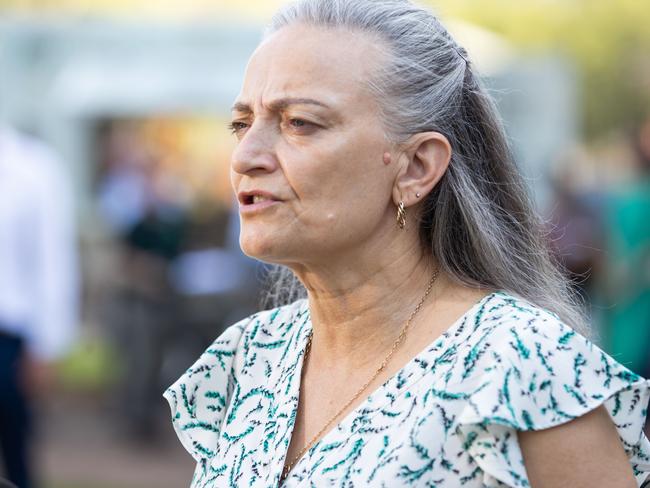
The CLP did not support the changes, with Opposition Leader Lia Finocchiaro telling parliament the “rushed, incomplete” Bill failed to provide business certainty.
“Whilst we need safeguards for our environment, they cannot be so shrouded in legislative burdens that they impact our economic growth and our future ability to attract investment,” Ms Finocchiaro said.
She said there was “a total lack of detail” about the proposed licence risk criteria, and too many caveats to the “streamlined” approvals process.
“The idea that a minister can obfuscate an approvals process by continuously requesting further information before the decision-making time frame clock even starts will make a mockery of the entire process,” she said.
After Ms Finocchiaro’s statement the CLP remained silent on the debate, with Environment Minister Kate Worden critical of her opposition counterpart for failing to engage in the usual process of interrogating changes in detail.
“It was disappointing that the CLP opposition were not prepared to meaningfully engage in debate on this critical piece of legislation, which introduces a new, best practice legislative framework for managing the environmental impacts of mining,” Ms Worden said.
“The resources sector is a major employer and economic driver for the Northern Territory and will be an important factor in our future prosperity.
“Mining needs to be sustainable and ecologically viable. These reforms will give the industry more certainty around what their environmental responsibilities are.”
The Minerals Council of Australia offered lukewarm support for the regulatory changes.
“While the mining industry welcomes the government taking the time to improve the proposals, it must ensure that its management of legislation encourages good investment, not force it away,” Northern Australia executive director Cathryn Tilmouth said.
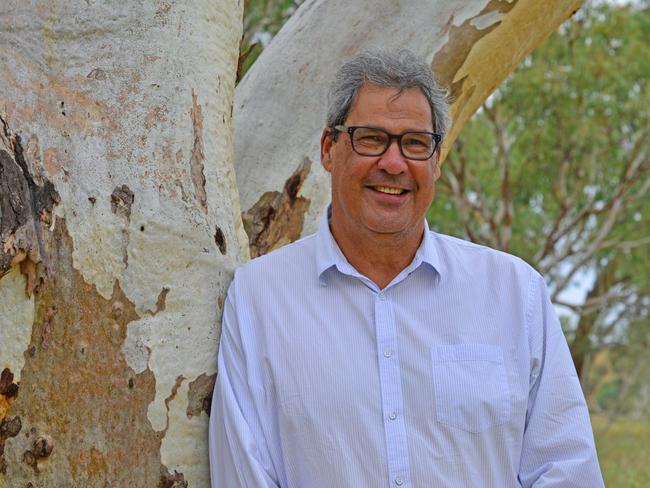
The Central Land Council said while it supported the separation of environmental and development functions in principle, “the devil is always in the legislative detail”.
It criticised the government for not holding a longer public consultation period and said “highly significant” omissions “will leave the legislation open to challenge in the future” – pointing in particular to apparent inconsistencies between Commonwealth and Northern Territory legislation regarding access to Aboriginal Land.
“The flawed process has led to substandard and potentially harmful legislation,” Chief executive Les Turner said.
The Environmental Defenders Office said the mining bill was “a step in the right direction”.
“However, we are very concerned the bills lack effective community rights and will not prevent another environmental disaster like we have seen at McArthur River Mine and Redbank,” NT Managing lawyer Elanor Fenge said.
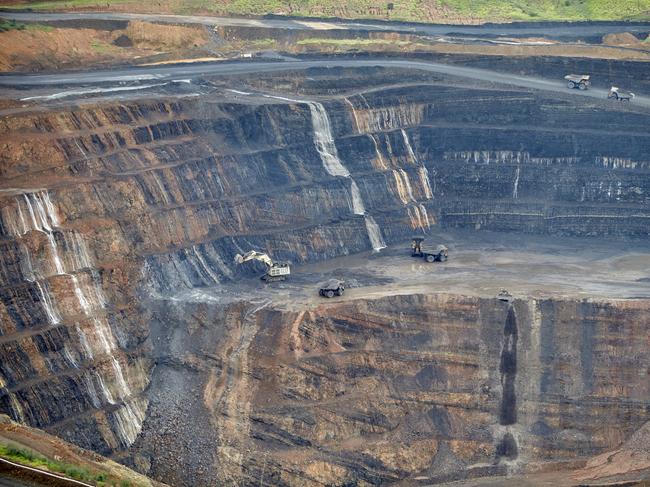
Nov 27: Police to be handed more powers to target public drinking
Police are being granted more powers to deal with public drinking, in a suite of changes that will also push back opening hours for Darwin bottle shops to midday on weekdays.
As parliament convenes for the last sitting dates of the year on Tuesday, the government will “urgently” introduce the amendments meaning more people end up on the Banned Drinking Register.
Police will have powers to ask for the ID of any public drinkers being disorderly and a seven day Banned Drinking Order will be issued for people being disorderly in declared high risk areas, drinking in a prohibited public place or within 2km of a licensed venue.
The new measures are added to the existing triggers for a BDO to be issued, and three strikes will see drinkers handed a three-month ban.
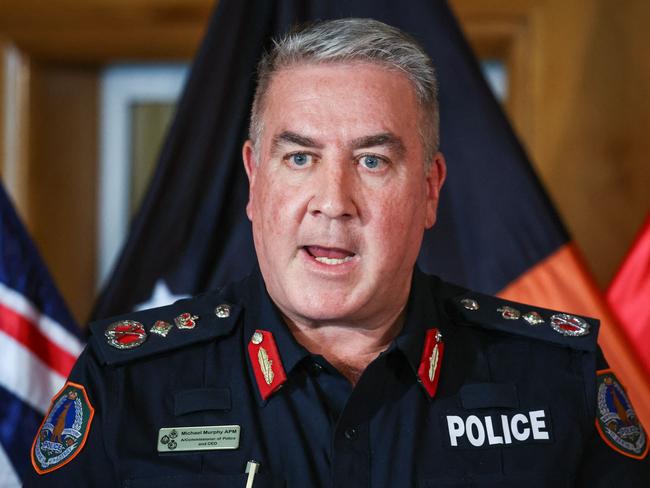
Police Commissioner Michael Murphy said it would mean more work for the already stretched-thin force.
“But it’s important work,” he said, pointing to damning rates of alcohol related assaults, domestic violence and pedestrian deaths.
“The harm associated with alcohol is quite extensive in the Northern Territory and we need to take harder measures.”
He said while police have long held powers to tip out alcohol being consumed in prohibited areas, being able to request ID would allow for more “preventative action”.
“We can actually ask for identification or their names to ascertain who they are, why they’re in town and look at that preventative action around return to country and how we can make the fabric of the community safer.”
Chief Minister Natasha Fyles said the new measures would not criminalise public drinking and had been developed in line with the Royal Commission into Aboriginal Deaths in Custody and the NT Aboriginal Justice Agreement.
“We need to respect that alcohol is a difficult space and that we don’t want to criminalise something that needs to be dealt with from a health perspective, but at the same time restrict that supply,” she said.
“We want to reduce alcohol-related harm in the community — If that means increasing the number of people on the BDR, then that’s what we’ll do.”
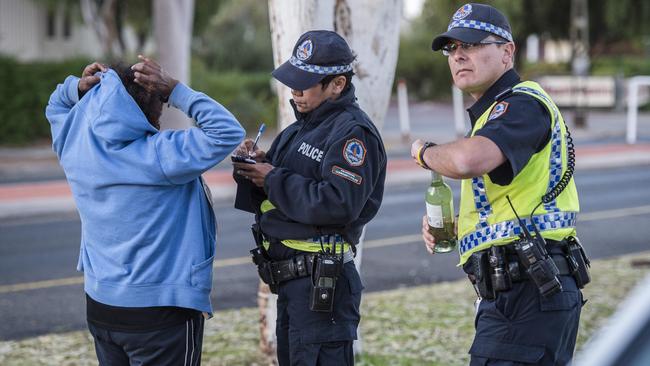
From December 11 bottle shops in Darwin will not be allowed to open before 12pm on weekdays, but trading hours for weekends and public holidays will remain unchanged.
Hospitality NT slammed the move saying it would unfairly hit businesses and shoppers.
“This is the government saying they don’t trust suburban mums who drop their kids off to school and then do their weekly shopping,” chief executive Alex Bruce said.
“The Chief Minister attended an industry event last week and said she would not make changes without consulting industry. Today’s announcement makes a mockery of that and is becoming one of honesty and integrity.”
“Changing bottle shop hours will do nothing to address the problems plaguing our towns that we all have to deal with.”
Braitling MLA Josh Burgoyne said the new measures were “rebranded” CLP ideas.
“We support our own policy that the Labor government are now bringing into parliament. What’s frustrating is that it’s taken us months to actually see this come to fruition,” he said.
More Coverage
Originally published as Financial assistance increased and time limits removed in updates to Victims of Crime Act





